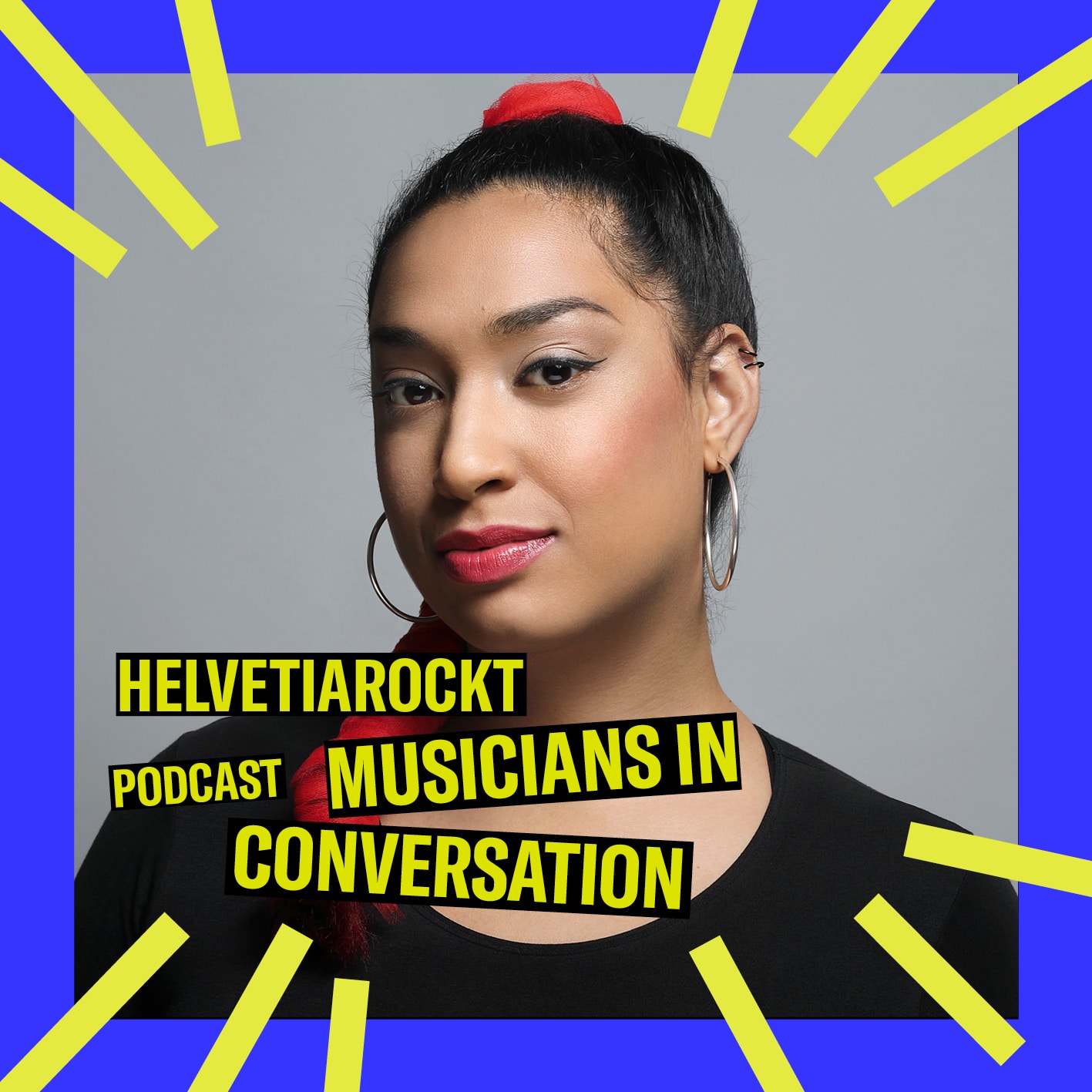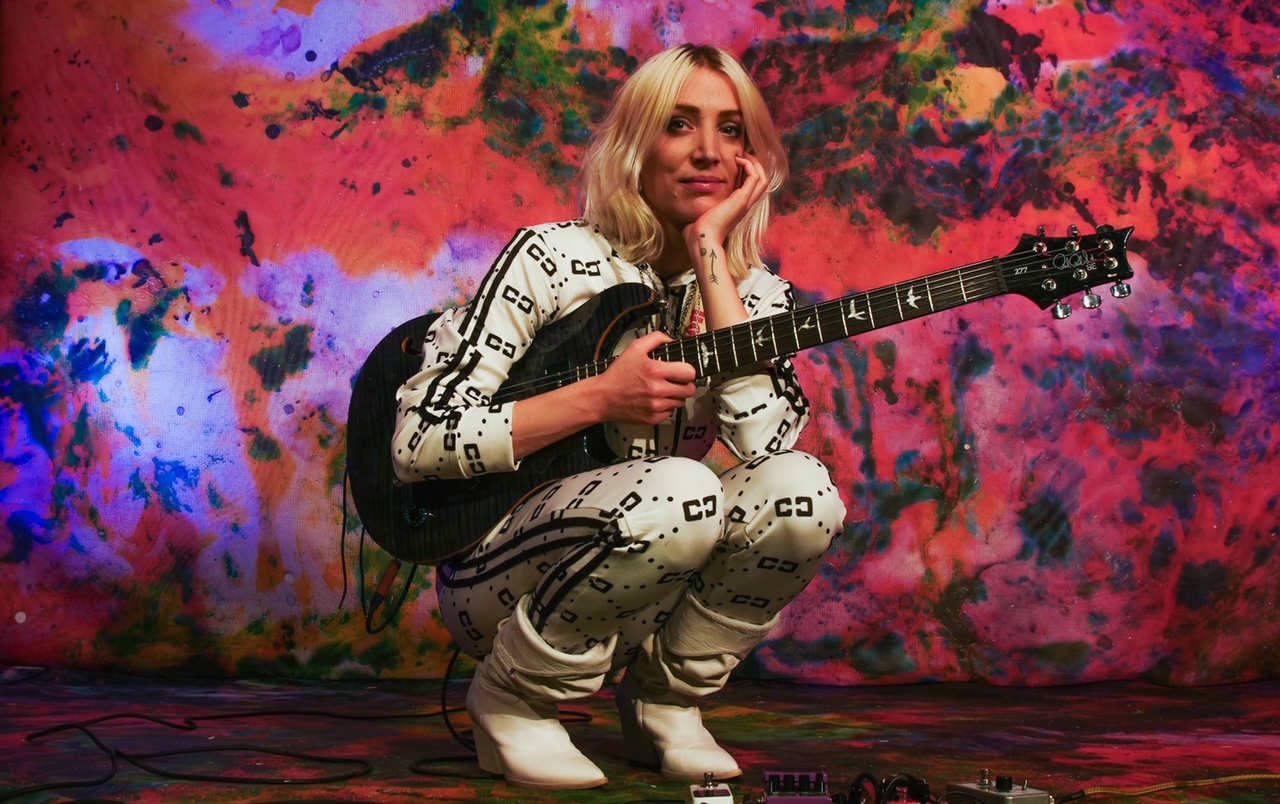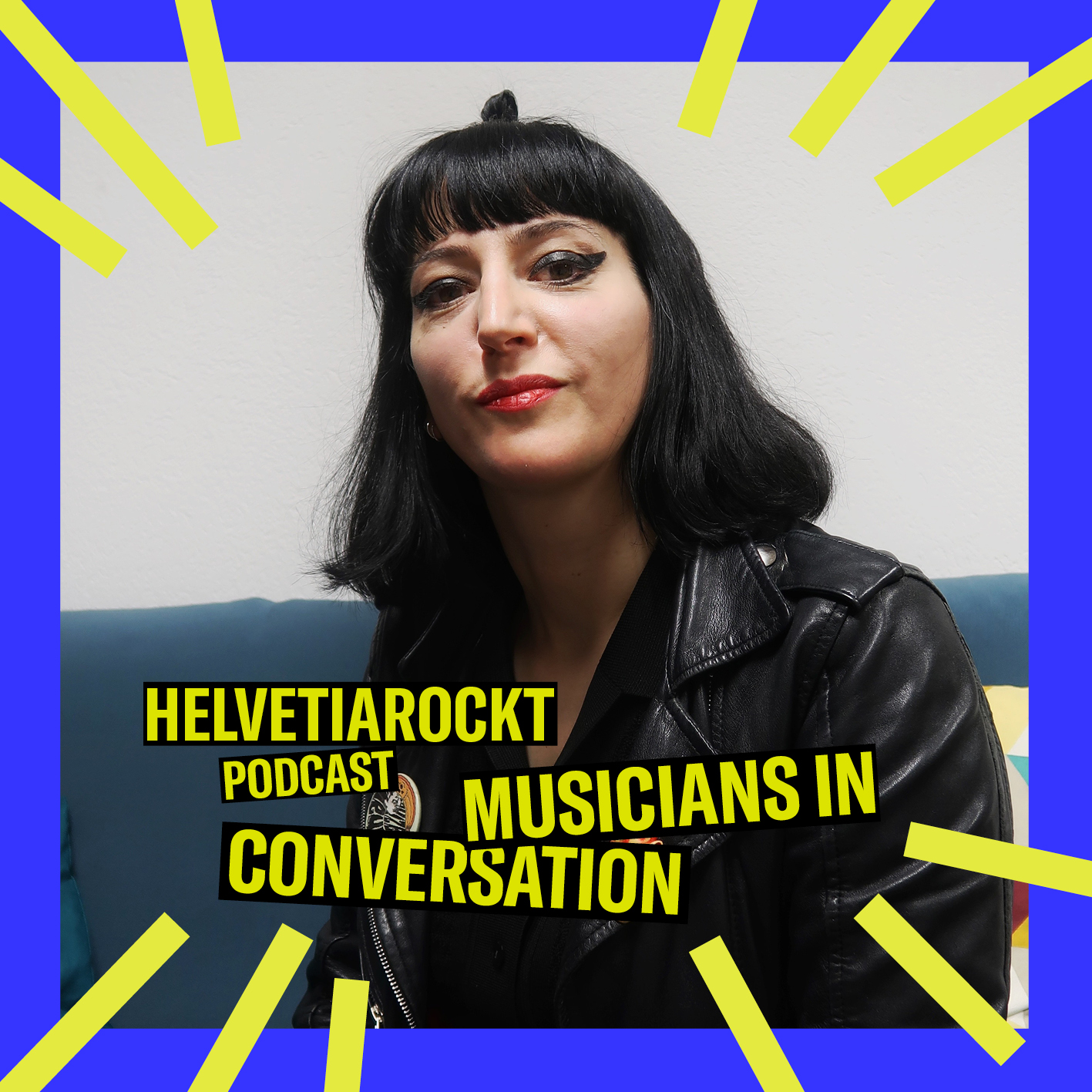In this episode Natalia speaks with Helvetiarockt beatmaking coach, Cégiu. She is a musician, producer and composer and also managing director of Music Box Entertainment, co-manager of Other Music Lucerne and board member of SONART. We discuss capturing insect sounds in field recordings, starting your own company as a musician and the importance of social security. Cégiu also gives advice for people wanting to begin activism.
Cégiu (Céline-Giulia Voser) is the managing director and owner of musicbox entertainment gmbh. She is also involved in the concerns of Lucerne's musicians as co-director of Other Music Lucerne, a networking and promotion centre for Lucerne musicians, is a board member of SONART – the Swiss association for musicians - and is currently setting up the Ableton FINTA user group in Switzerland. She works as a mentor for Pop-Büro Stuttgart and Ableton among others, for the latter at the School of Popular Art in Berlin. Cégiu is a musician, composer and producer. She performs and releases music in various formations and leads workshops such as "Beatmaking/Producing" as part of Helvetiarockt Music Lab. She is also a solo artist and has released three albums, "Cégiu's Skinny Souls" (2016), "Restless Roots" (2019) and "Glowing Goodbyes" (2021).
DAW - Digital Audio Workstation. A software program for making music: recording, editing, mixing, and manipulating sound.
If you have a question for the musicians in conversation, simply send a DM to Helvetiarockt on insta!

In this episode Natalia talks to La Nefera. She is a multifaceted musician, artist and rapper. We discuss the challenges of moving to Switzerland...

In this episode Natalia talks with Evelinn Trouble, winner of the Swiss Music Prize 2018, guitarist, singer songwriter, all round creative and Helvetiarockt Bandworkshop...

In this episode Natalia speaks with Jackie Brutsche (aka Jack Torera) who is a musician, filmmaker, visual artist and performer. Her band The Jackets...